Baku. 12 February. REPORT.AZ/ The place names of Azerbaijani origin are being nationalized in Georgia
One of the injustices facing Azerbaijanis living in Georgia in the recent years is changing ancient place names in the areas of close-together living of our compatriots in Borchali (Kvemo Kartli)
Report’s study made it clear that this process is in fact not new but takes off from the Soviet period – the early 1940s.
The process which has recently been gaining steam is aimed at nationalizing the names of settlements, but the main goal here is not the non-Georgian placenames, but the placenames of Azerbaijani origin. Nearly 60 predominantly Azerbaijani villages and settlements of Georgia were renamed during the Soviet period and in the first years of Georgia’s independence. Some names were preserved as a translation of the original in the Georgian language. For example, the First Kosali and Second Kosali were translated into Georgian as Prveli Kesalo and Meore Kesalo. The classic Georgian ending ‘i’ was added to most of the names. Thus, for the example, the Upper Saral village in Marneuli has been named as Zemo (Upper) Salari since the late 1940s.
The process of changing the place names was carried without learning the opinion of local population, without any warning and some place names were changed overnight. The sign with the name of Gochulu village of Bolnis district was removed at night and replaced with a new sign. The village residents faced this ‘surprise’ in the morning to learn that they now live in Chapala village.

As a result of the study, held in 2016 by the European Center for Issues of National Minorities functioning in Georgia, renaming the place names of Azerbaijani origin was evaluated as follows: “The logic of this strategy is simple: the settlements where Georgians constitute a minority can be presented to future generations as historically Georgian lands. Thus, if Azerbaijanis constitute a majority in some places, the names of these places will be changed for names of Georgian origin. In the future, regardless of which population prevails in that area it will be possible to say that these lands and historically Georgian territories due to their name.
The study also notes that only place and river names of Azerbaijani origin were renamed and this policy did not affect the place names belonging to other national minorities.
Many moments attract attention in the issue of a place name. In the predominantly Azerbaijani Borchali (Kvemo Kartli) region, the names of the region and the village are given only in Georgian and English. In the Samtskhe – Javakheti region, where Armenians live close together, the names on these boards are reflected in Armenian language along with Georgian and English ones.

Another interesting moment is that there are still some place names of the Soviet period in Borchali. The fact that the names of the Kirovka and Shaumyan villages have not yet been nationalized, arises a question, because in 2011 Georgia adopted the Charter of Freedom and the law prohibits the use of the names of the figures of Soviet and Communist era in the geographical names. After the law was adopted, three villages in Lagodekhi and Sagarejo regions were renamed from Russian into Georgian names.
In the past years local Azerbaijanis staged no struggle for the restoration of Azerbaijani and Turkic place names. It is possible to say that the Azerbaijani community has accepted the reality. Local Azerbaijanis say that anyway everyone knows the villages by their old names. They are convinced that the struggle for the revival of old place names will produce no effect.
It creates an impression that the historical habitat of Azerbaijanis belonged to Christians.
In 2009, 7- to 10-meter high crosses started to be mounted on high hills on the roadside in the villages of the Bolnisi region where Azerbaijanis live. The process was suspended after local residents protested the move and no new crosses were mounted. At that time, Georgian Patriarch said mounting crosses did not aim to insult Azerbaijanis, but the move was prompted by the fact that the cross is a symbol of not only Christianity but also faith and love.
In the villages crosses were mounted even near the Muslim cemeteries. Some of the big night-luminant crosses were mounted around each village. It makes an impression on those who pass by these villages that these settlements are Christian.

In general, Georgianization of Kvemo Kartli proceeds on the level of governorship. In July of the last year the presentation video prepared by the province administration caused an uproar among the Azerbaijani public. The video promoting the nature, historical and religious monuments of Kvemo Kartli contained not a single religious monument or the sample of culture belonging to Azerbaijanis of the region.
Commenting on the issue, the Kvemo Kartli administration said they prepared the video based on the materials available in the structure. The state authority noted that the diversity of the region will be taken into account in future similar videos.
Famous Georgian human rights activist Tamta Mikeladze joined the active discussions of the video in Facebook. She wrote on her page that the video prepared by Kvemo Kartli administration is a bright manifestation of the growing policy of cultural assimilation in the region: “How can they not show the religious and ethnic diversity in the video about the multinational and multireligious diversity of the region? The strengthening of the dominating church is clearly seen recently. The crosses are mounted, names of villages and holidays are georgianized in the villages where Azerbaijanis live.
Notably, by the recent census held in the country in 2014 the number of Azerbaijanis in Georgia reaches 233,000 people. Our compatriots constitute 6.3% of the neighboring country’s population, making the biggest national minority. Armenians are second larger national minority in the country, numbering 168,100 people and constituting 4.5% of the total number of the population.
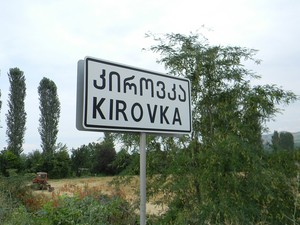
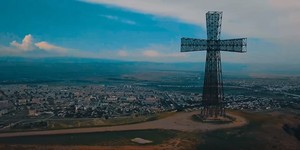
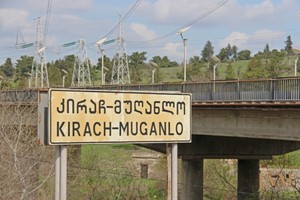
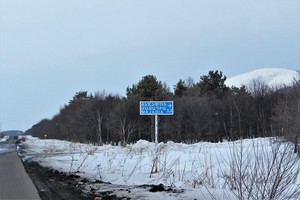
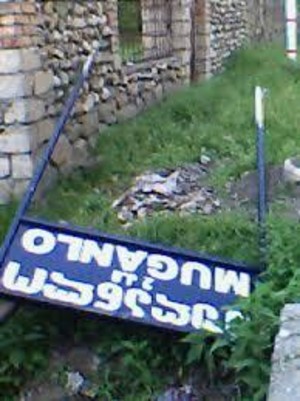
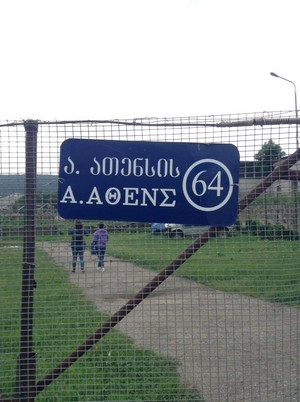


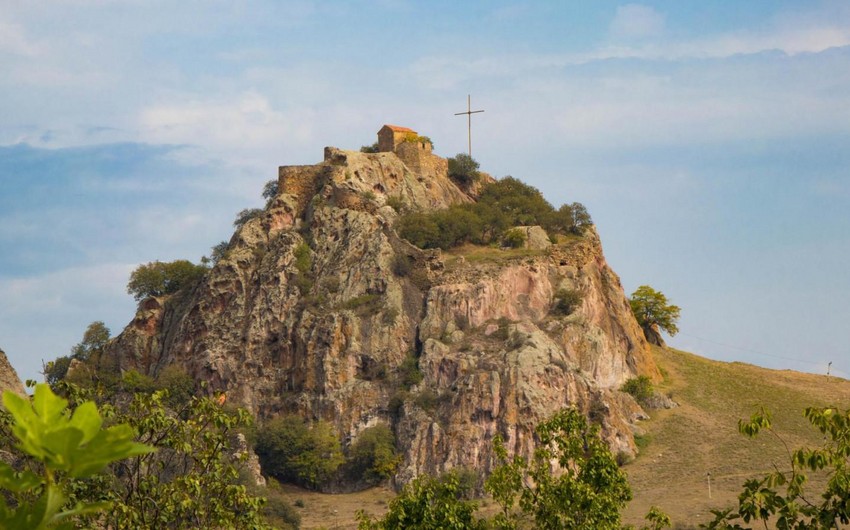 https://static.report.az/photo/d65772c4-65b8-458f-ac3a-1d09e1a9f9e3.jpg
https://static.report.az/photo/d65772c4-65b8-458f-ac3a-1d09e1a9f9e3.jpg

